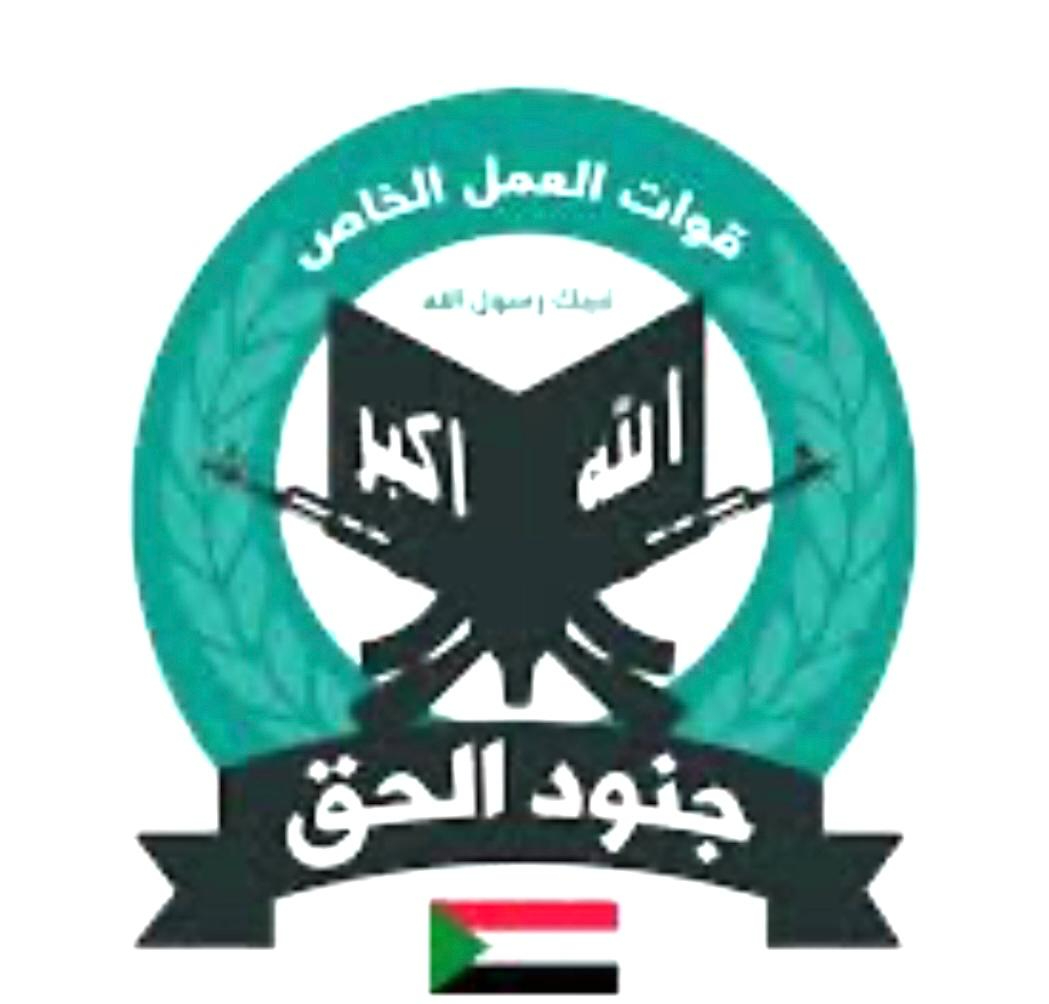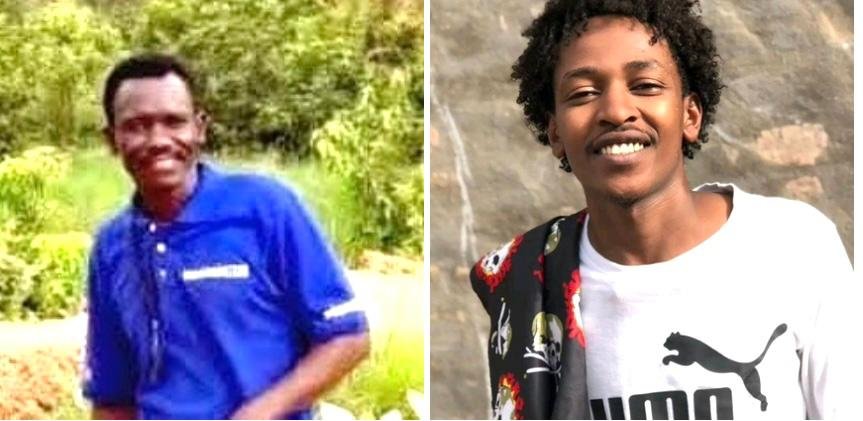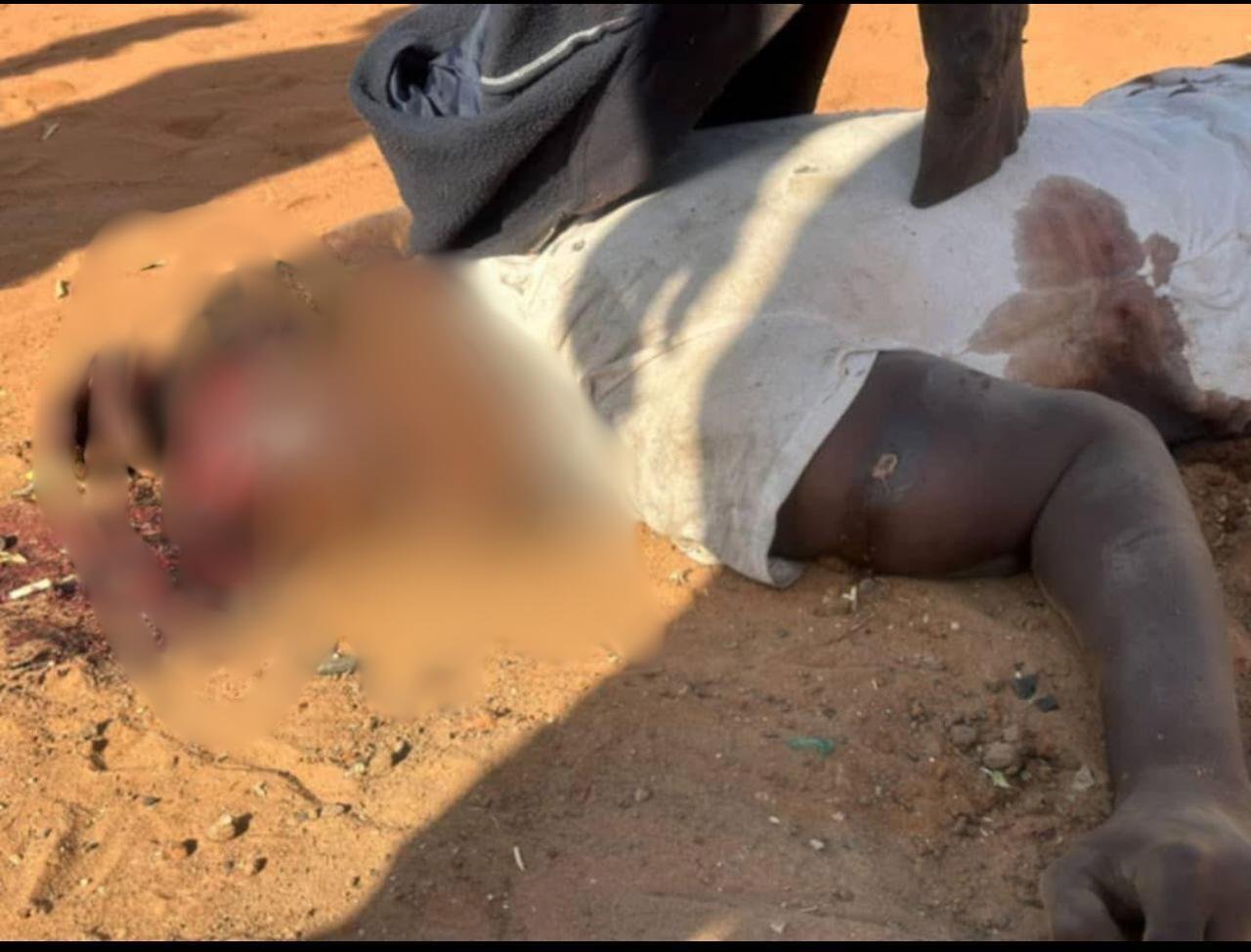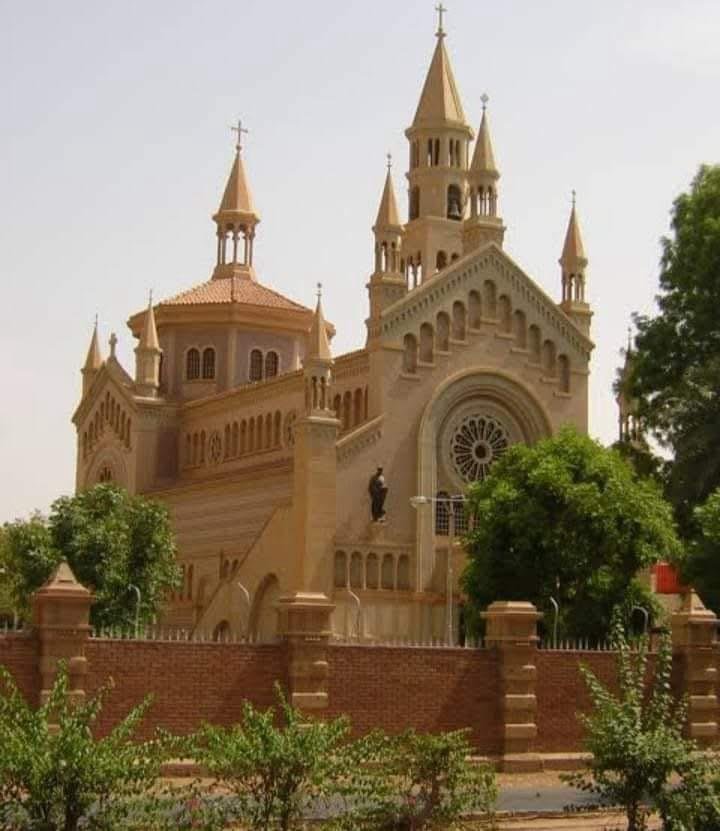This report contains distressing video footage that some viewers may find unsettling. Those who choose to watch are advised to proceed with caution or opt to read the report without viewing the footage. We have carefully selected the least graphic clips; however, we strongly advise against viewing for minors or individuals who may be particularly sensitive to such content.Report: SPT
A group of army soldiers encircled an unarmed young man dressed in sportswear, bleeding from his head. One of the soldiers surrounding him asked, “Where are you from?” while the young man groaned, unable to answer. One of the soldiers—apparently the commander—ordered those around him, “Crack his skull open with a machete.” Immediately, one of the soldiers took a machete and struck the young man’s skull twice, causing a deep gash and a profuse flow of blood. Another soldier shouted, “Slit his throat outright,” and they dragged the young man across the asphalt. One soldier placed his head on the edge of the street curb and cut part of his neck with a long knife. The young man writhed in pain, pleading with his killers to spare his life, to no avail. The victim attempted to crawl with his head partially severed before the soldiers unleashed a hail of bullets at him. They then poured gasoline over him as he hovered between life and death and set him on fire. They tortured him, killed him, burned him, and then walked away nonchalantly, as if they had done nothing at all.
This shocking scene, which took place in central Bahri, Khartoum, on the afternoon of January 29, was the least horrific among dozens of videos we have seen. where unspeakable atrocities were committed-acts beyond human imagination: slaughter, disembowelment, the removal of intestines, beheadings with heads tossed around like balls, unarmed individuals bound and thrown into rivers and waterways, homes set ablaze with women and children trapped inside, victims tied up with ropes and executed in bursts of gunfire at point-blank range. These are horrors unlike anything we have ever witnessed anywhere else in the world.
The Massacre Began Here:
After entering Gezira State on January 11th of this year, the Sudanese army forces and the Sudan Shield militia, led by Kaikal, alongside Islamist militias, most notably the Al-Baraa ibn Malik and Al-Burqa Al-Khatif militias, committed a series of horrific violations in Wad Madani, the capital of the state located in central Sudan along the banks of the Blue Nile. However, the most egregious atrocities were committed in the state’s “Kanabi” areas.
“Kanabi” is the plural of “Kambo,” a term derived from the English word “camp.” It refers to dwellings made of mud and straw, inhabited by agricultural workers who migrated from western Sudan, most of whom are from Darfur. These workers settled in these areas since the 1940s, working in agriculture within the Gezira Scheme – one of the largest irrigation projects in the world-. Over time, the Kanabi evolved into larger villages and settlements. However, their inhabitants continued to suffer from political, economic, and social marginalization. During the transitional civilian government, some youth from the Kanabi established an entity to defend their rights, naming it the Central Committee of the Kanabi Conference.
Systematic Targeting:
The targeting of Kanabi residents was systematic, with killings and violations carried out along clear ethnic lines.
The most notable incident was what became known as the “Kanbo Five Massacre” or “Kanbo Tayba.” There, army soldiers and Kaikal’s Sudan Shield militia, with the participation of elements from the Al-Baraa ibn Malik and Al-Burqa Al-Khatif militias, committed grave violations. Dozens were killed, including women and children, their homes were burned, and they were forcibly displaced after some of their women and girls were abducted. Additionally, they faced looting and displacement, as their agricultural crops and livestock were stolen. In some areas, militias set fire to homes where young men were hiding, fearing execution, according to testimonies from survivors.
Survivors’ Testimonies:
“N,” who lived in one of the Kanabi settlements and is referred to by the first letter of her name for security reasons, said that she and her family were fortunate to leave the area under special circumstances before the arrival of these forces.
She added: “But what we saw and heard from our relatives and friends about the abuses, violations, and mass executions of innocent people was beyond comprehension. They slaughtered our children and executed them in a brutal manner. They accused them of collaborating with the Rapid Support Forces, which is a lie; that was not the case. The attack was organized and targeted specific ethnic groups, particularly those with origins in Darfur, Kordofan, and some South Sudanese citizens living among us. They killed our people, burned all our homes, and shouted ‘Allahu Akbar’ while hurling degrading insults at us, calling us spies and slaves.”
A member of the Kanabi Conference, whose name we are withholding, described what happened as ethnic cleansing, noting that the events have so far resulted in the deaths of between 1,000 to 1,200 people across all Kanabi areas, and attacks are still ongoing in some regions. Additionally, there are dozens of injured and missing men and women, along with immense psychological and material damage, as the majority of the Kanabi settlements have been burned, looted, and their inhabitants displaced.
The Courage of Women:
Surviving the attacks by the army and its allied Islamist militias, along with the Sudan Shield Forces, was no mercy for Sheikh Ibrahim, a 74 year-old resident of Kombo Tayba, who witnessed firsthand the atrocities committed against his people. Instead, his survival was even more painful. He recounted burying 26 people alone, unable to complete the burials in a single day, forcing him to wait until the next. On that same day, he buried 17 more from his village, noting that the burials had to be carried out in mass graves due to the absence of men to assist him.
Sheikh Ibrahim praised the courage of the women in the Kampo, saying that without their help in burying the dead, he would not have been able to do it alone, as the village’s men had either been killed, had fled, or were missing. He added that they were forced to smuggle and hide some of the village’s young men for fear of them being killed by the militias.
Youth Executions in Wad Madani
In the city of Wad Madani, the capital of Al Jazirah State, forces comprising Islamic militias—such as the Special Forces and the Al-Baraa ibn Malik and Al-Burqa Al-Khatif brigades—alongside elements of the security and intelligence apparatus controlled by the Islamic Movement, carried out a campaign of field executions in the city’s neighborhoods on the first day of their incursion.

Consistent sources indicate that the death toll on that day ranged between 37 and 45 people, most of whom were activists, members of resistance committees, and youth who participated in the 2019 revolution that overthrew the previous Islamic dictatorship led by General Omar al-Bashir.
A youth advocate for change in the city described the campaign as retaliatory, stating that some young people were forced to chant slogans such as, “Islamic… Islamic… No freedom, no change, no democracy.”* He added: *“Most of the youth were either slaughtered, shot, or thrown into the Nile.
They were innocent young people with no ties to any side in this war. They never collaborated with any armed faction—they were revolutionaries dreaming of freedom and the safety of their homeland.”
Numerous sources have confirmed that the execution campaigns in Wad Madani were retaliatory, targeting individuals whom Islamists classified as political opponents under the pretext of collaboration with the Rapid Support Forces. Witnesses reported that the forces entering the city on the first day carried lists containing the names and addresses of those targeted.
On the morning of January 11, a member of the special forces affiliated with the Islamic Movement appeared in a video, announcing that they possessed a list of 6,800 names. He accused everyone in Madani—without exception—of collaborating with the Rapid Support Forces and declared their intent to execute them and dispose of their bodies in the Nile. He added that the executions would be carried out immediately, without investigations or trials.
Meanwhile, abuses in the Kanabi areas continue unabated, while activists and revolutionary youth across the state continue to be persecuted under the pretext of cooperating with the Rapid Support Forces.
Abduction Campaigns:
The ongoing crackdown on revolutionary youth, members of resistance committees, activists, and volunteers in charitable initiatives continues across various parts of Gezira State.
On the morning of Sunday, February 2, a joint force of military intelligence and Islamist militias abducted humanitarian activist Zahir Markaz from his home in the village of Abu Furaw, near the city of Hasahisa.
Zahir Markaz, a former football player well-known in Sudan, had previously played for the national team. According to his friends and a neighbor in the village, he does not belong to any political faction and never left his village throughout the war. Instead, he dedicated his time, along with a group of village youth, to volunteering in humanitarian work to assist war victims by managing “Takkayas”—charitable centers that provide food and medicine to those in need.
Three other young men from the village were arrested alongside Zahir, and the location where they were taken remains unknown. There are unverified reports suggesting they were executed and their bodies dumped into the river.
Two days later, similar forces arrested peaceful civic activist Waddah Ismail from his home in central Wad Madani, and his fate remains unknown to this day.

The violations against the residents of Kanabi persist, with dozens brutally killed this week in Kanabi, east of Gezira.
To be continued in the final part of the report…..




